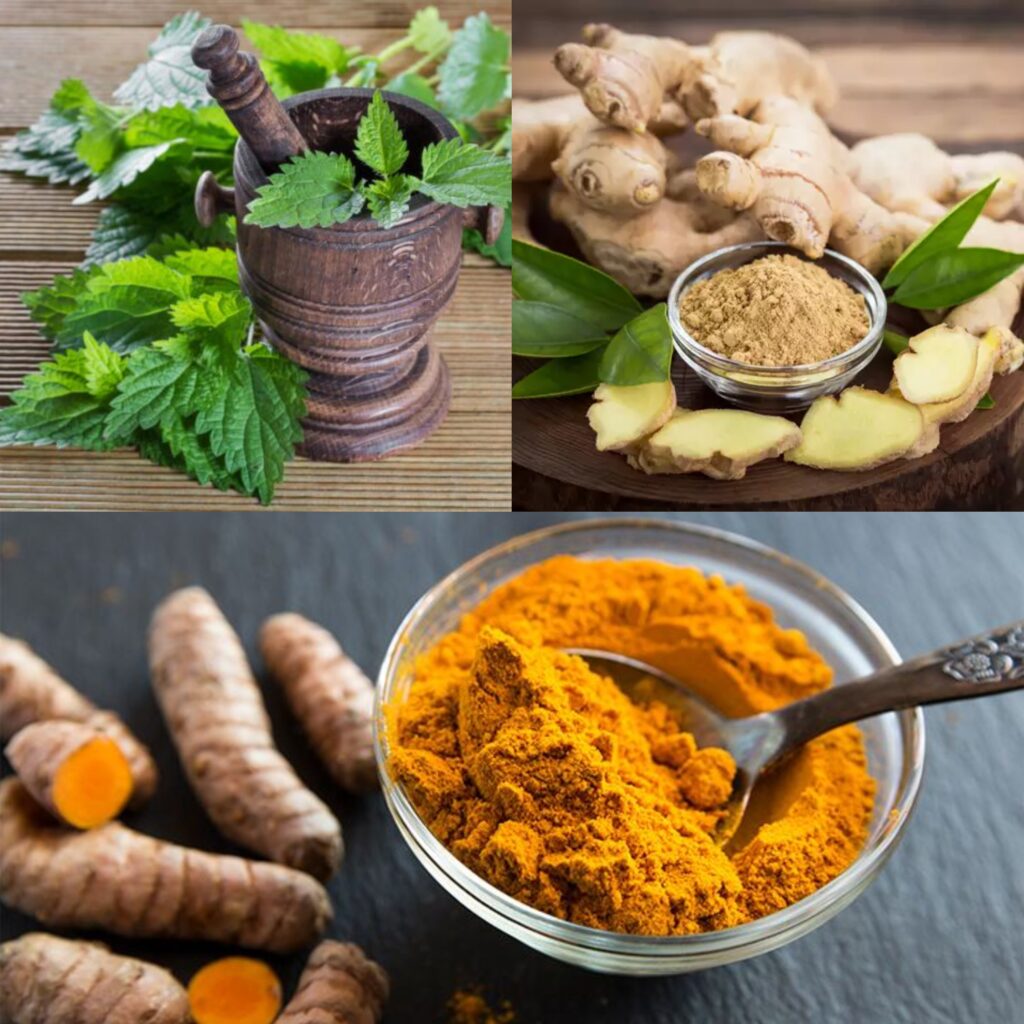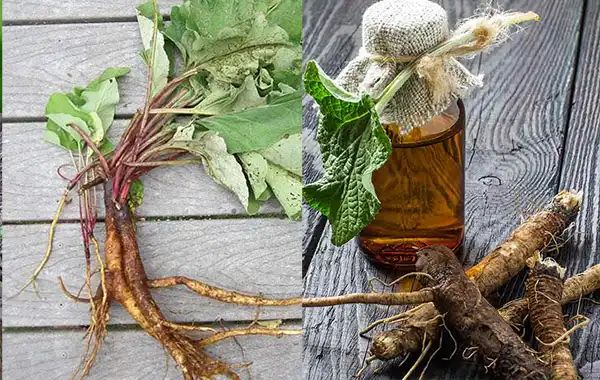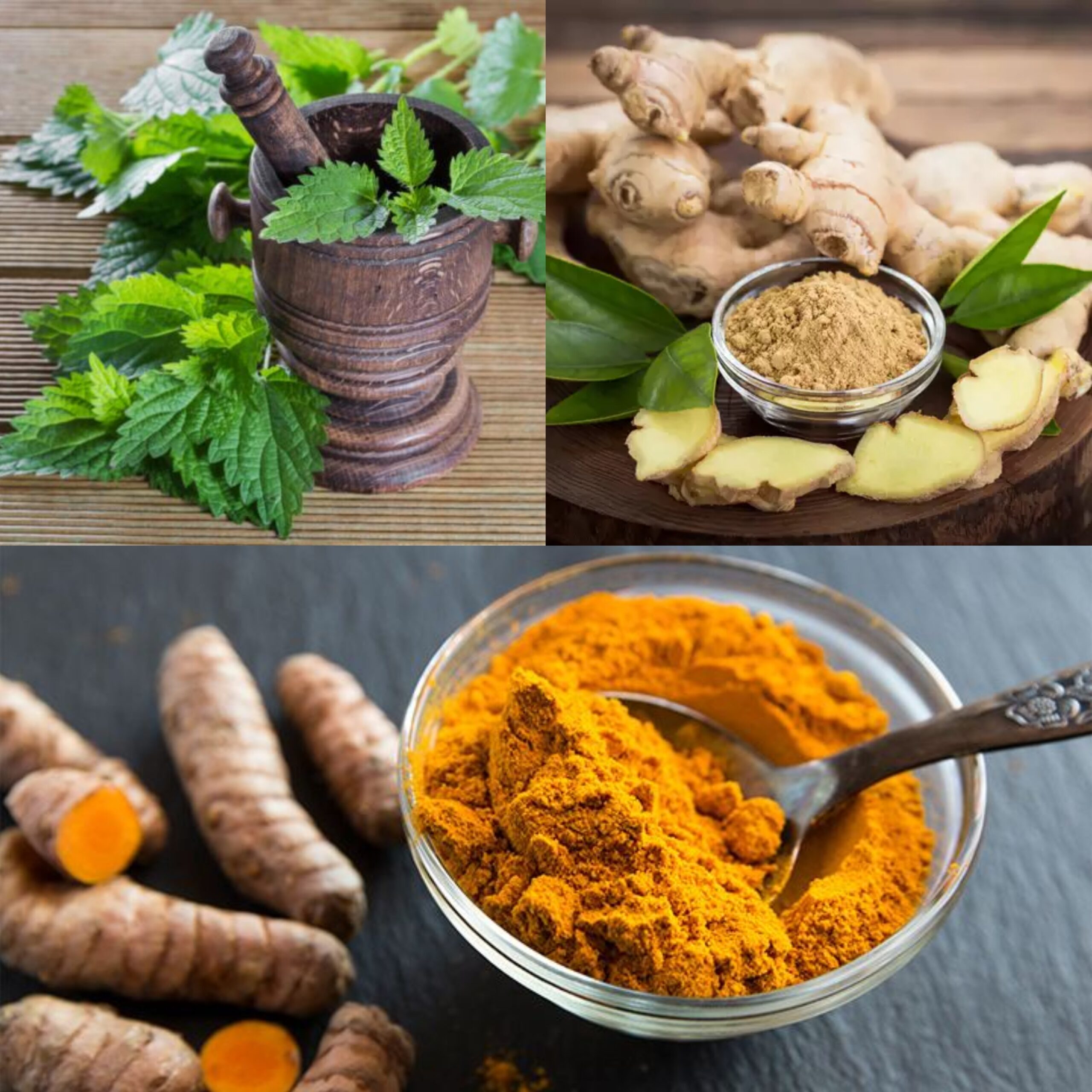
Certain spices are packed with powerful antioxidants, anti-inflammatory compounds, and bioactive substances that may help prevent or slow the growth of cancer cells. Including these spices in your diet can support overall health and potentially reduce the risk of cancer. Here are five of the best cancer-fighting spices:
1. Turmeric
-
Key Compound: Curcumin
-
Why It Works: Curcumin, the active ingredient in turmeric, has potent anti-inflammatory and antioxidant properties. It has been extensively studied for its ability to inhibit the growth and spread of cancer cells. Curcumin may help reduce the risk of cancers such as breast, colon, prostate, and lung cancer by suppressing tumor growth and neutralizing harmful free radicals.
-
How to Use: Add turmeric to curries, soups, and smoothies, or take it as a supplement (preferably with black pepper to enhance absorption).
2. Ginger
-
Key Compound: Gingerol
-
Why It Works: Ginger contains gingerol, a bioactive compound with anti-inflammatory and antioxidant effects. Ginger has been shown to reduce oxidative stress and inhibit the growth of cancer cells, particularly in gastrointestinal cancers such as colon cancer. It may also help reduce chemotherapy-induced nausea and discomfort.
-
How to Use: Fresh ginger can be grated into tea, smoothies, stir-fries, and soups, or used as a seasoning for various dishes.
3. Garlic
-
Key Compound: Allicin
-
Why It Works: Garlic contains allicin, a sulfur compound that has been linked to cancer prevention. Studies suggest that garlic may help reduce the risk of stomach, colorectal, and prostate cancers. Its immune-boosting and anti-inflammatory properties can also contribute to overall health and well-being.
-
How to Use: Incorporate fresh garlic into your meals by adding it to sauces, dressings, roasted vegetables, or marinades.
4. Cayenne Pepper
-
Key Compound: Capsaicin
-
Why It Works: Capsaicin, the active component in cayenne pepper, has shown potential in fighting cancer cells. Research indicates that capsaicin can inhibit the growth of cancer cells and promote apoptosis (programmed cell death) in certain types of cancer, including prostate and lung cancers. It also has antioxidant properties that protect against oxidative stress.
-
How to Use: Use cayenne pepper to spice up your soups, stews, and sauces, or add it to marinades and rubs for a kick of heat.
5. Cinnamon
-
Key Compound: Cinnamaldehyde
-
Why It Works: Cinnamon contains cinnamaldehyde, which has antioxidant and anti-inflammatory effects. Research suggests that cinnamon may reduce the growth of cancer cells and limit the spread of tumors. It has been particularly studied in connection with colon cancer and leukemia, with promising results.
-
How to Use: Add ground cinnamon to oatmeal, smoothies, baked goods, or sprinkle it on top of fruit or yogurt.
Conclusion:
Incorporating these cancer-fighting spices into your diet can enhance overall health and may provide protective benefits against cancer. Each of these spices is rich in bioactive compounds that have been shown to inhibit cancer cell growth, reduce inflammation, and combat oxidative stress. While they are not a cure, using these spices regularly can be a powerful way to support your body’s defenses against cancer.






